Women across the world have complained of being groped. Some surveys reveal that over 51 per cent of women have been sexually touched without permission, and 66 per cent of women have experienced sexual harassment in public spaces.
And it seems whether you are a hotshot business honcho, a student, a model, or even a world leader doesn’t save you from being groped. Case in point, Mexican President Claudia Sheinbaum, who was groped by a man as she mingled with citizens on the streets of Mexico City on Tuesday (November 4).
The incident, caught on camera, has once again highlighted how women leaders continue to face sexual harassment — online as well as offline.
Sheinbaum groped in broad daylight
On Tuesday (November 4), footage, which has since gone viral, showed a man breaking through a crowd of people greeting Sheinbaum in Mexico City and appeared to grope her. In the video, the man approaches Sheinbaum and appears to touch her breast and attempts to kiss her while bystanders in the central neighbourhood of Zócalo watched. The incident ended when one of her top aides, Juan José Ramírez Mendoza, intervened.
Mexican President Claudia Sheinbaum gets groped by a strange man in Mexico City on Tuesday.
— Paul A. Szypula 🇺🇸 (@Bubblebathgirl) November 5, 2025
The man appeared inebriated and tried to kiss Sheinbaum.
Where was her security?pic.twitter.com/PFV3EioQtZ
Following the incident, Sheinbaum said that she decided to file a complaint against the man, who she described as “completely drunk.”
“I decided to press charges because this is something I experienced as a woman — something all women in our country experience,” she said. “No man has the right to violate that space,” she said.
“My view is, if I don’t file a complaint, what will happen to other Mexican women? If they do this to the president, what will happen to all women in our country?” Sheinbaum added.
Initial investigations show that the man, who has since been arrested, in the video had sexually harassed two other women the same day.
When other women complained of sexual harassment
Unfortunately, Sheinbaum’s incident, though shocking, isn’t a one off incident. Multiple women leaders across the world have had to contend with sexual abuse — be it in the form of rape threats online, sharing deepfakes or being groped or assaulted in public.
For instance, Italian Prime Minister Georgia Meloni was the victim of a deepfake porn video, which was shared online. Investigators claim that the two men made pornographic videos of Meloni by superimposing her face on another person’s body and then uploaded them on the internet. The 40-year-old man and his 73-year-old father are charged with defamation.
In the UK, former Deputy Prime Minister Angela Rayner, former Minister for Women and Equalities Penny Mordaunt and 28 others were targeted by a “deepfake” porn site.
In the US too, women politicians share their horror of sexual abuse. One such woman is Erin Schrode, who has recounted the vile threats she received when she was campaigning for Congress in her California district in 2016. She recalls receiving several thousands of abusive online messages.
“One of the first pieces I read was, ‘We’re going to laugh with glee while we gang rape you and bash your bagel-eating brains in’,” says Schrode, who is Jewish, recalling the messages she received. “Just all of this idea that, you know, that I should get a husband and behave properly. That I should be quiet. That girls have no place in politics,” she said of other messages she received.
In India, Kavita Krishnan, a member of the CPI-ML party, is no stranger to rape threats online. Speaking to CNN in the past, she said: “These trolls … they are going after me regularly, routinely, for my skin colour, for my looks, telling me I’m not worth raping, what kind of torture and rape I should be subjected to, telling me what kind of men I should be sleeping with … and on and on and on, more and more.
Sexual violence against women in politics a reality
While many may dismiss the groping incident against Sheinbaum as a small matter, it underscores just how unsafe women are in politics. The reality is that political power does not insulate women from facing gender-based violence.
In fact, a study by the Inter-Parliamentary Union (IPU), in partnership with the Commonwealth Parliamentary Association (CPA) and the Asean Inter-Parliamentary Assembly (AIPA), has exposed the pervasive nature of sexism, harassment and violence against women in parliaments across the Asia-Pacific region.
The women leaders surveyed revealed that 25 per cent of them had faced sexual violence, while 60 per cent of respondents said they had been the target of hate speech, image-based abuse and disinformation online.
One in four reported having experienced sexual violence, with more than half of the incidents taking place within parliamentary grounds and committed by male MPs. IPU Secretary General Martin Chungong said violence and sexism against women in parliamentary workplaces “is a direct assault on democracy itself”.
“Parliaments must be sanctuaries for healthy debate and law-making,” Chungong said.
The situation is no better in the West either. In the United Kingdom, women MPs have shared their experiences of sexual assault and harassment. The similar is the case with the United States where female lawmakers have complained of the sexual threats they receive online and the sexual predators they encounter offline.
In India too, women politicians are subjected to sexual abuse with an Amnesty International report of 2020 revealing that 95 Indian women politicians received nearly one million hateful mentions on Twitter between March and May, one in five of which was sexist or misogynistic.
A 2014 study by UN Women and CSR found that 14 per cent of 750 respondents - mostly female politicians - had faced sexual violence in politics and 45 percent had been physically abused, compared to 30 percent in Pakistan and 21 in Nepal. The report ‘Violence Against Women in Politics’ also showed that the most common and widespread form of abuse was the expectation of sexual favours.
Moreover, women politicians are often subjected to sexual remarks made by their male contemporaries.
And if online verbal abuse wasn’t enough, deepfakes are compounding the problem for women politicians. From the United States to Italy, Britain, and Pakistan, women netas are increasingly becoming victims of AI-generated deepfake pornography or sexualised images. According to researchers, the intimate imagery is often weaponised to tarnish the reputation of women in the public sphere, jeopardising their careers, undermining public trust, and threatening national security by creating conditions for blackmail or harassment.
Many activists and experts note that this kind of abuse is concerning. As Brigitte Filion, one of the authors of a study on women leaders and sexual abuse noted, “The level of threats, online and offline psychological trauma, sexual harassment and other offences has many consequences for their safety […] and their ability to fulfil their roles.
“The dangers for the future generations are obvious: this can discourage young women from getting involved in politics.”
With inputs from agencies


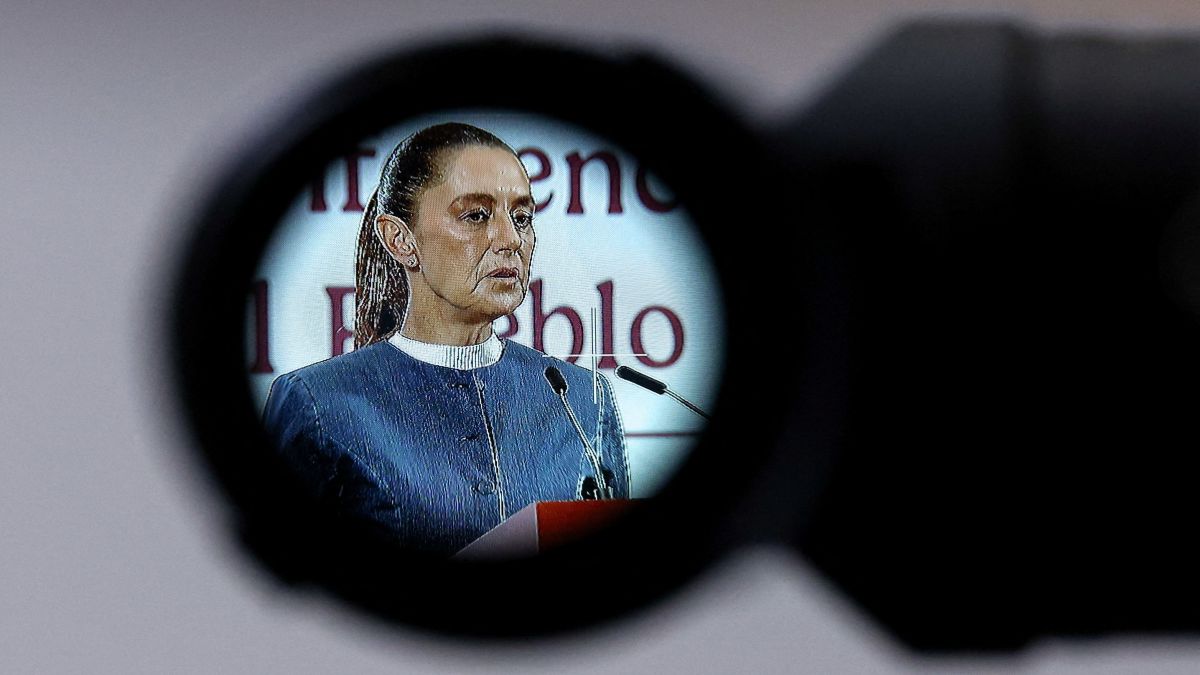)
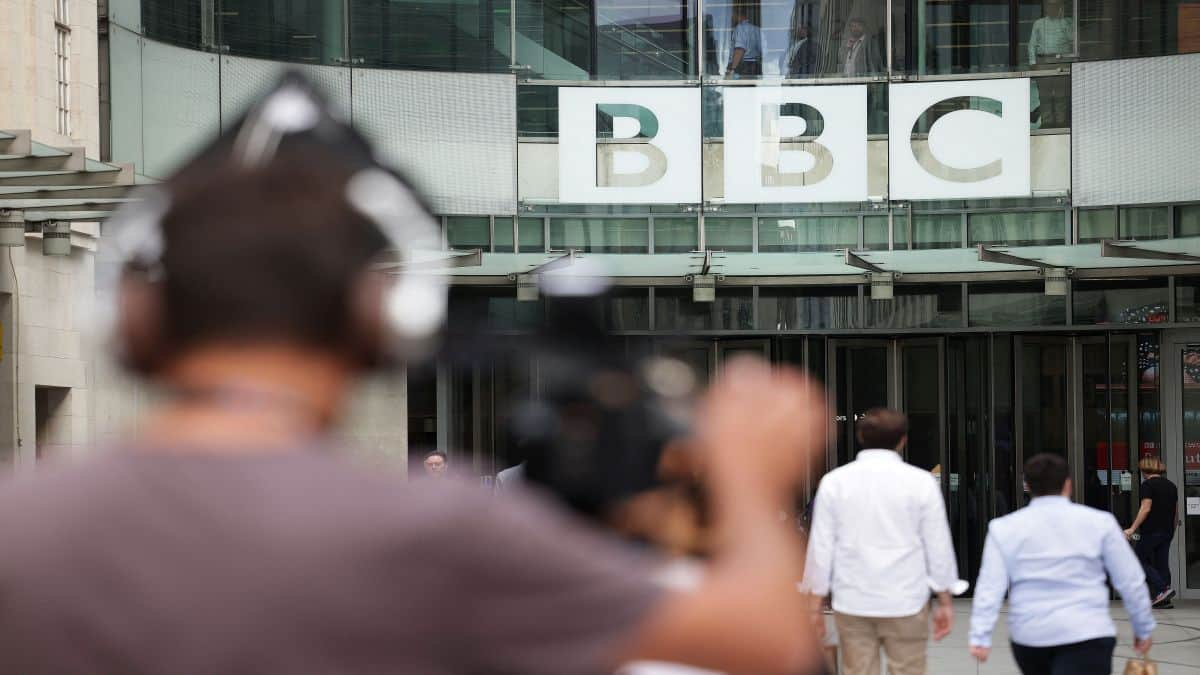
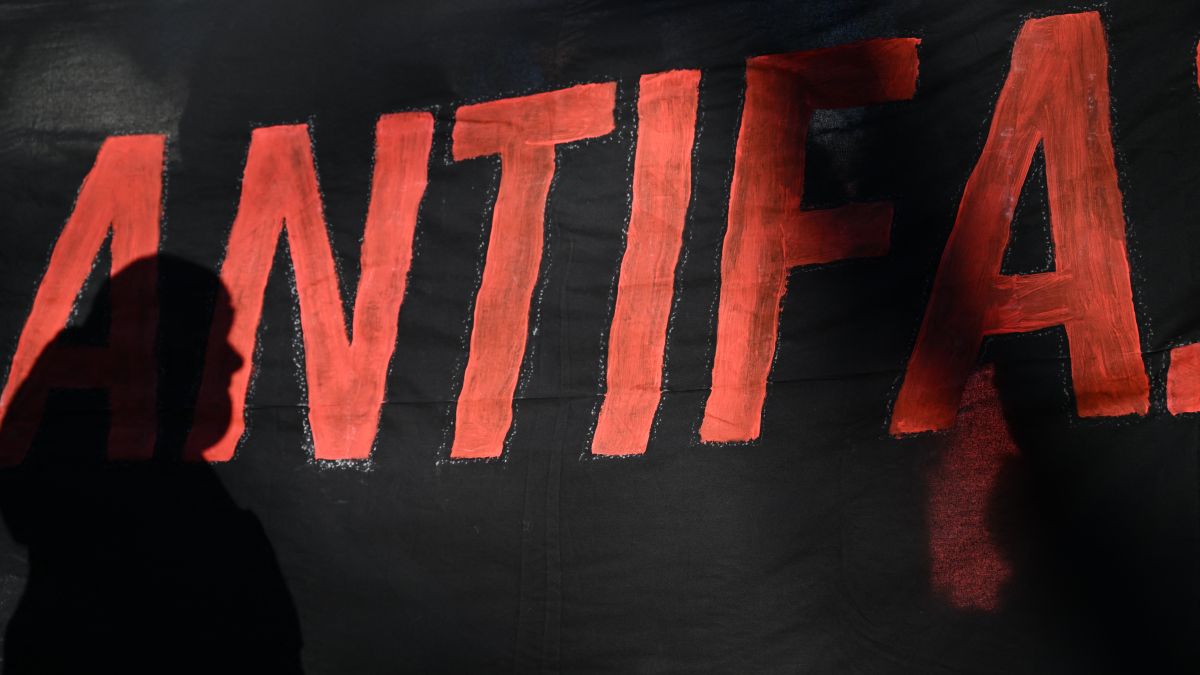)
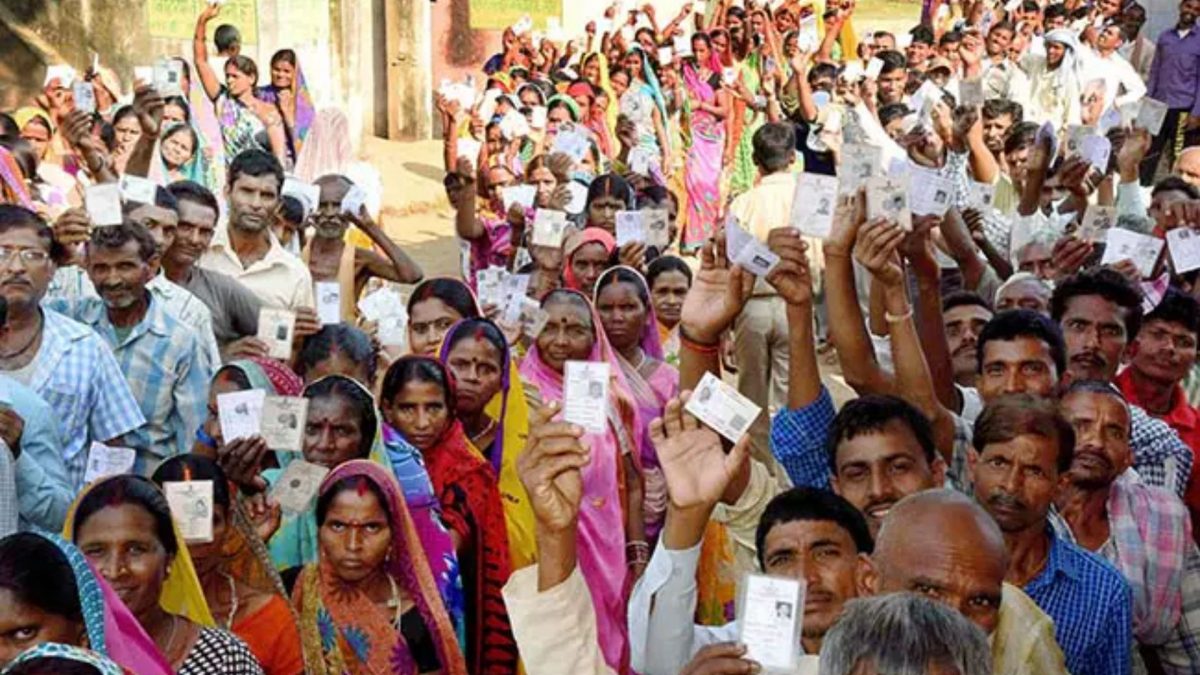)
)
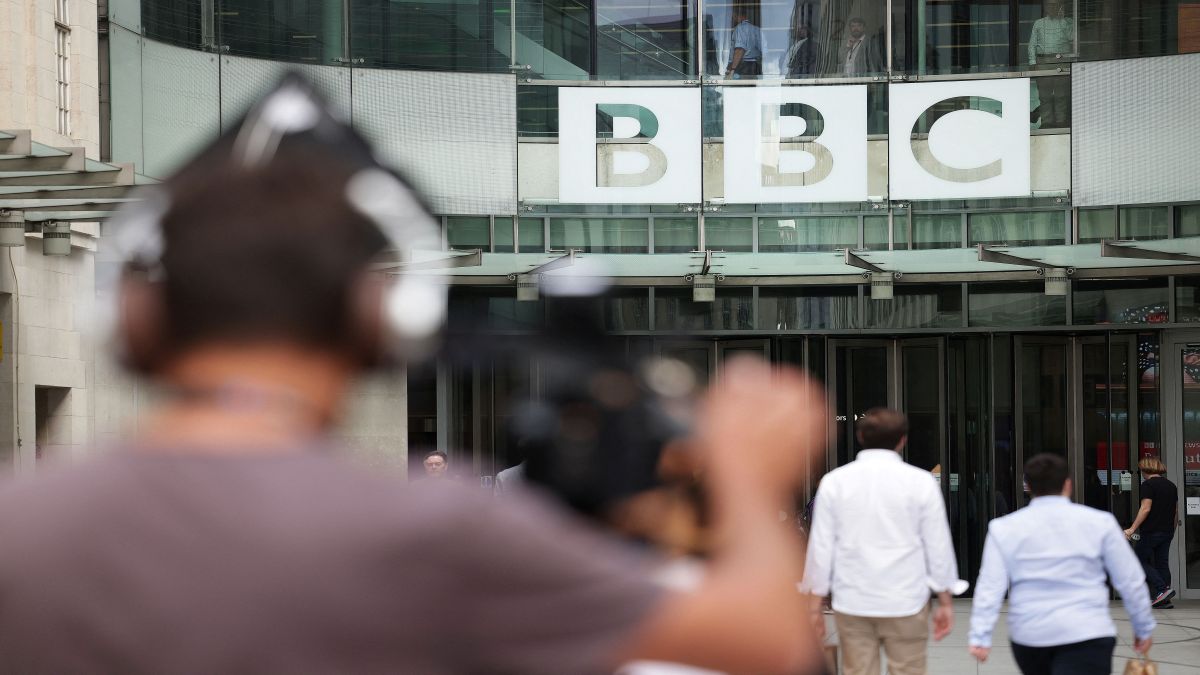)
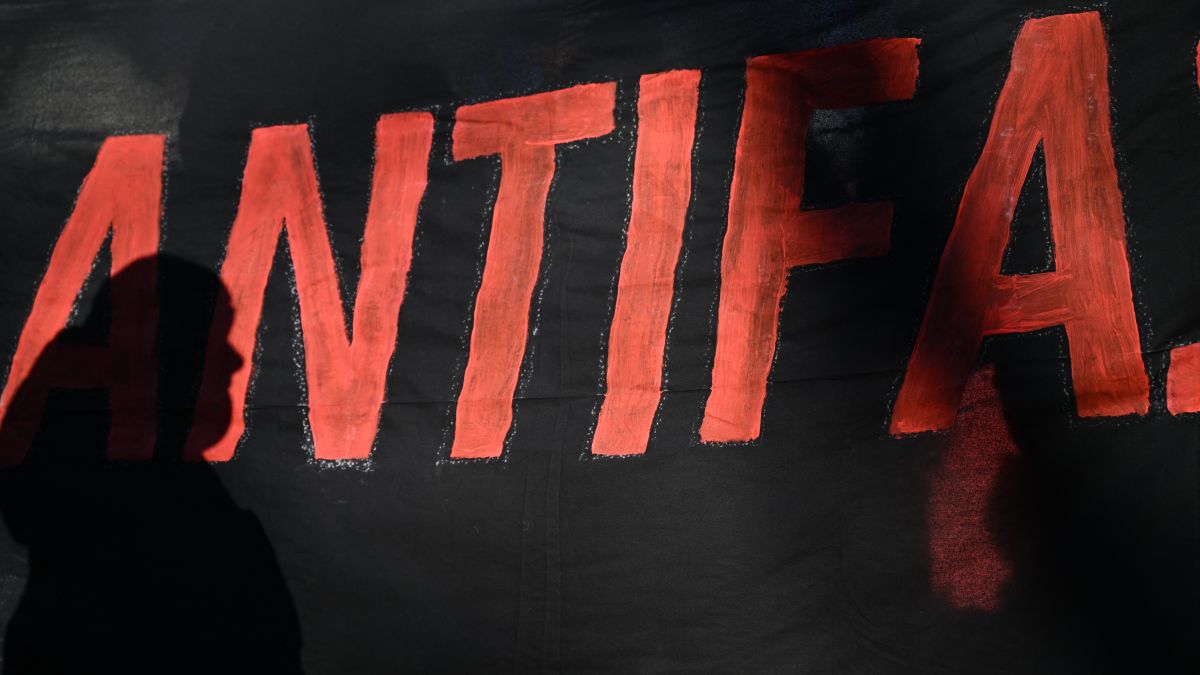)
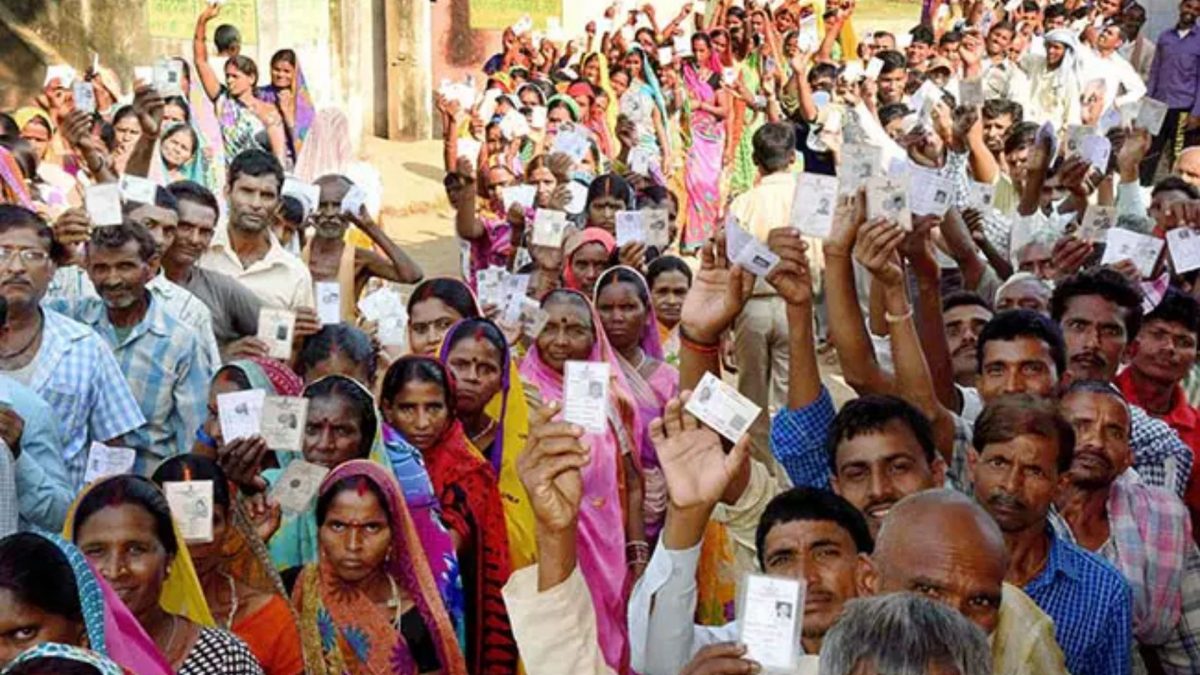)
)
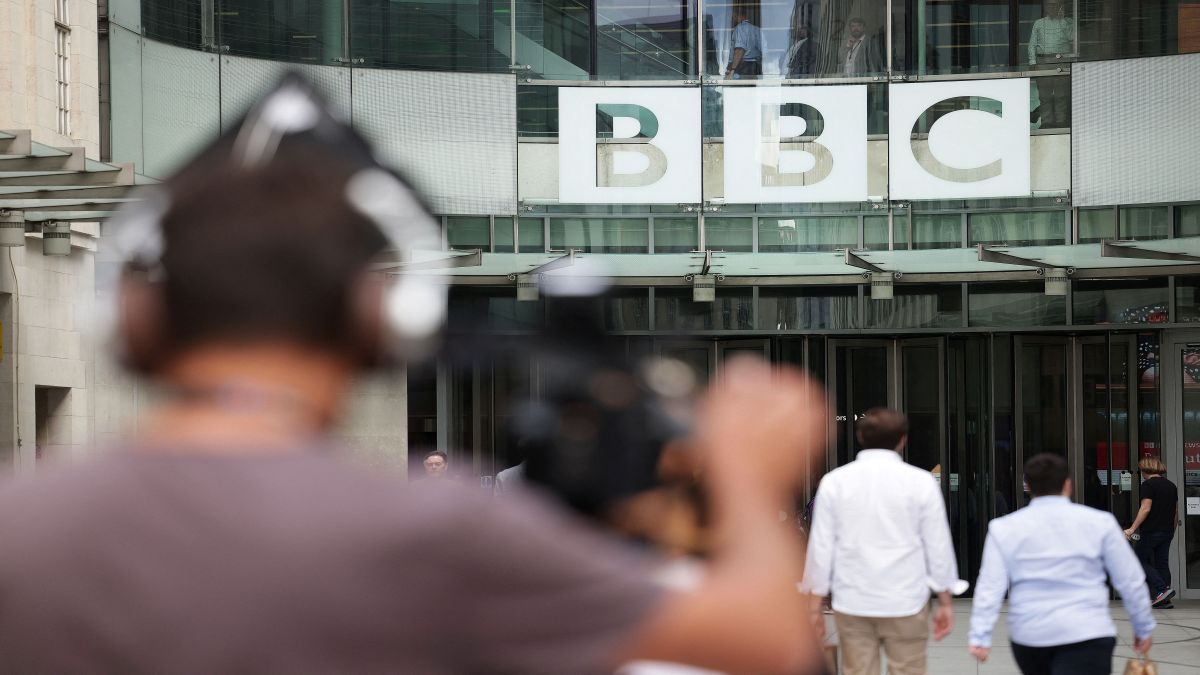)



